The state of New York has your backs, naturalistas!
People with naturally curly and kinky hair are slowly witnessing the world push European (aka white) standards of beauty to the side and accept their hair natural textures. Now New York is taking its support a step further by adjusting laws so that natural hair textures cannot be discriminated against at work, schools, or other public places.
The New York City Commission on Human Rights has updated its Human Rights Law to specifically include and defend black people who are targeted for their hair.
The law not only covers natural hair but also hairstyles related to racial identity.
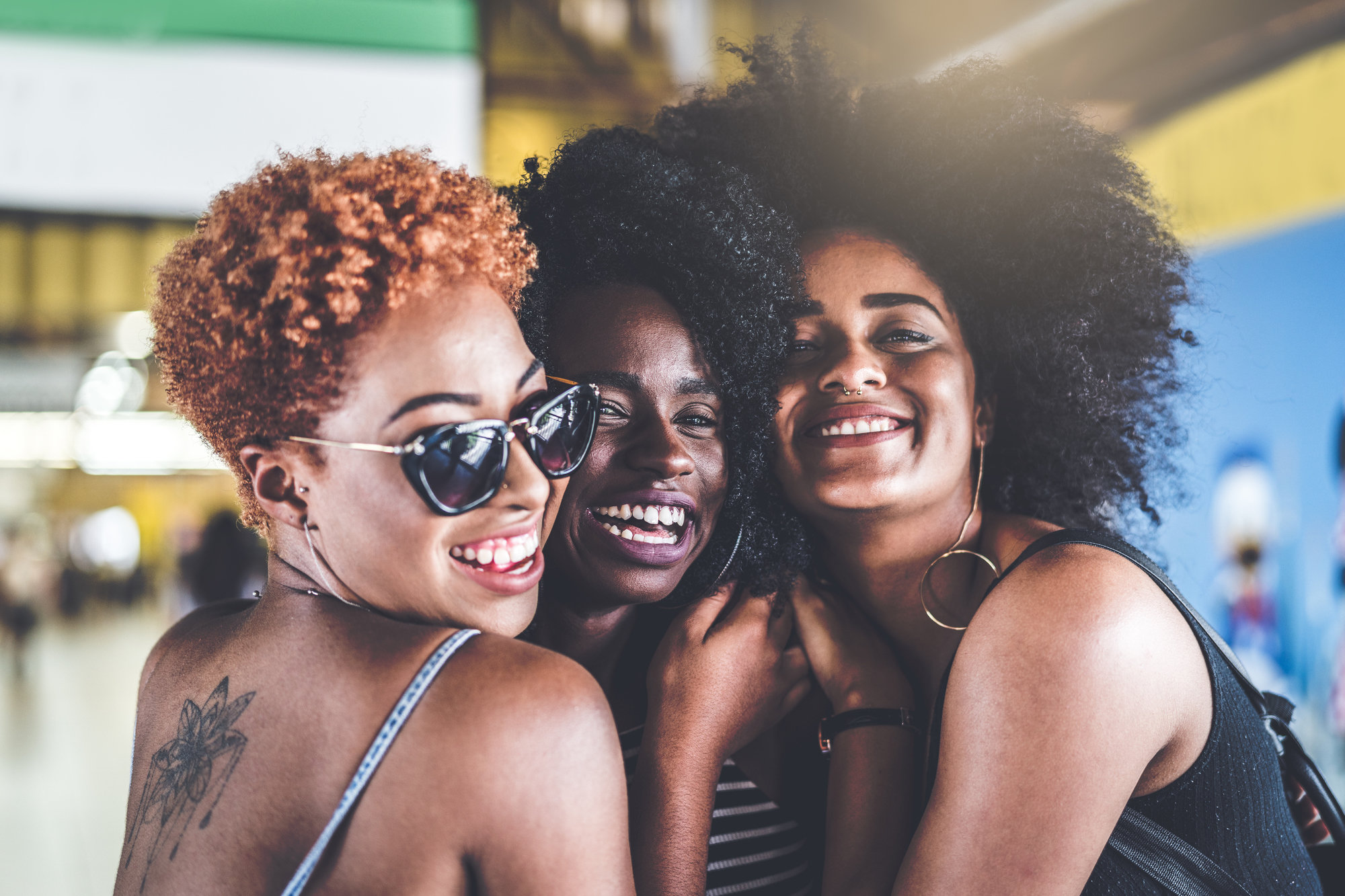
"The New York City Human Rights Law (NYCHRL) protects the rights of New Yorkers to maintain natural hair or hairstyles that are closely associated with their racial, ethnic, or cultural identities. For black people, this includes the right to maintain natural hair, treated or untreated hairstyles such as locs, cornrows, twists, braids, Bantu knots, fades, Afros, and/or the right to keep hair in an uncut or untrimmed state."
Violations of this law are subject to a $250,000 fine.
This document also specifically labels hair discrimination as a form of race discrimination, eliminating the gray areas that corporate environments and schools often like to abuse when it comes to their policies.
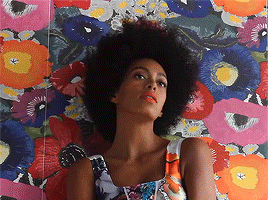
"Anti-Black bias also includes discrimination based on characteristics and cultural practices associated with being Black, including prohibitions on natural hair or hairstyles most closely associated with Black people," the document reads.
"Bans or restrictions on natural hair or hairstyles associated with Black people are often rooted in white standards of appearance and perpetuate racist stereotypes that Black hairstyles are unprofessional. Such policies exacerbate anti-Black bias in employment, at school, while playing sports, and in other areas of daily living."
With the increased embrace of different hair textures and styles in the media, it's easy to question why a law like this is even news.
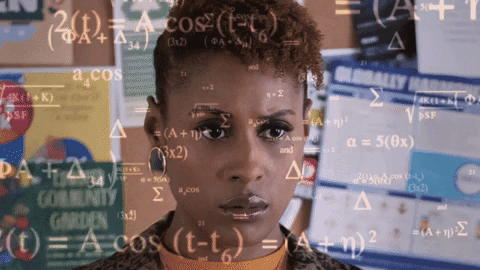
Kinky hair is on runways, magazine covers, and in films. We're seeing black people such as Lupita Nyong'o, Solange Knowles, J. Cole, Tracee Ellis Ross, Danai Gurira, and Viola Davis proudly flaunt their different curl patterns and hairstyles to the world. These women are all over our screens with their illustrious manes, so it's fair to ask who in the world still has a problem with natural hair or protective black hairstyles in 2019.
And yet, the issue still exists. Unfortunately, women and men who aren't in front of the camera with their black hairstyles are not always receiving the warm welcome that black Hollywood does.
(Note: This is not to minimize the hair discrimination that many famous black people still do experience. Still, we must acknowledge that even the baby inclusion steps Hollywood has taken do not accurately depict how black people are received in real life.)
The embrace isn't always the same when you have big, curly hair without the rich and famous status, particularly in corporate and school settings.
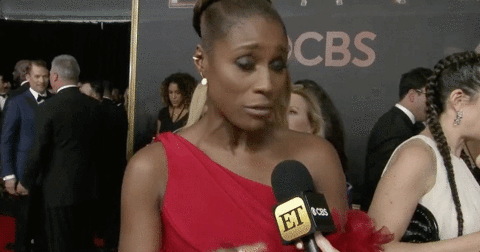
Discrimination against big, thick, and curly hair is especially rampant in corporate workplaces and schools, which is why New York state law needed an update in the first place.
Way too many people — most often black people — have been singled out, fired, or dismissed in these spaces because of their hair. This goes especially for anyone growing a head of 4C hair, which is the coarsest texture on the chart and often incorrectly deemed the least desirable or professional.
For every magazine cover Nyong'o graces and every runway that includes a kinky-haired model, there is a headline about yet another non-famous black person being reprimanded in some way for their hair.
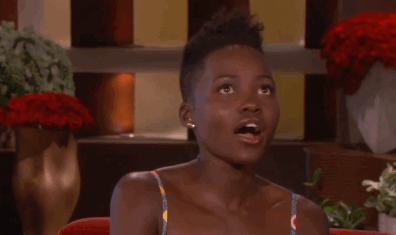
Each time these news stories circulate, the social media outcry is loud and the apologies (or denials) roll in. Still, we know it will happen again because … well, who exactly stops these institutions from targeting black hair the way they do?
In the same world where a dreadlocked Ava DuVernay breaks records left and right in the film industry, New Jersey high school wrestler Andrew Johnson was still required by a referee to cut his locks or risk forfeiting a match in December 2018.
Johnson ultimately cut his hair in order to compete, and he went on to win the match. Still, New Jersey officials opened up a civil rights investigation and Governor Philip D. Murphy of New Jersey released a statement condemning the referee's ultimatum, according to The New York Times.
“Seeing Mr. Johnson forced by an official into a choice between giving up who he is or giving up his ability to compete was nothing short of disturbing," Murphy shared.
"That he went on to win his match after this experience speaks to an incredible depth of character — and to our need to see that no future student-athlete has to endure a similar situation.”
Despite the fact that Beyoncé (one of the most successful and powerful entertainers of all time) regularly wears braids, sixth-graders Faith Fennidy and Tyrelle Davis were sent home from their Catholic school in Louisiana because their braids violated school policy.
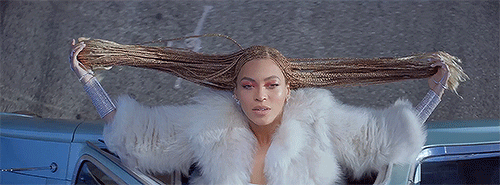
Thankfully, the young ladies were supported by their families and even celebrities who rallied around them to encourage and boost their confidence. Recently, Kelly Rowland partnered with Dove to create a song called "Crown," which celebrates hair of all shapes, colors, and textures. Rowland invited Fennidy and Davis to appear in the video.
The workplace is no safer than schools for black hair. Journalist Brittany Noble Jones revealed in a viral Medium post that she "disappeared" from a position after repeated discrimination, including comments and bans on her hair.
Jones reported for WJTV in Mississippi. Below is her account of how she was treated after requesting to stop straightening her hair for the job.
"After having my son, I asked my news director if I could stop straightening my hair. A month after giving me the green light, I was pulled back into his office," she described.
"I was told my natural hair is unprofessional and the equivalent to him throwing on a baseball cap to go to the grocery store. He said, 'Mississippi viewers needed to see a beauty queen.' He even asked why my hair doesn’t lay flat. When I asked him how I should address the change on social media he told me to write “I was told to change my hair back to the way it was because that’s what looks best.'"
If companies continue to hide behind "policies" to discriminate against black people and our hair, then the emotional abuse and ostracization continue.
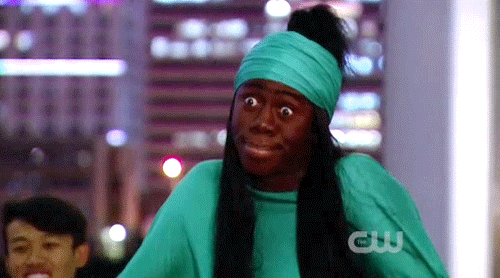
This is why New York updated a civil rights law that eliminates the wiggle room as it pertains to grooming. It's also why more states need to follow New York's lead with laws that protect black people from discrimination that uses unaddressed points of the law to thrive.
Racial bias and discrimination in the workplace and schools have been illegal for a while thanks to equal opportunity laws, but it's important to be detailed when defining the different ways they take form.
No one deserves to have opportunities taken away from them because of their race or hair.
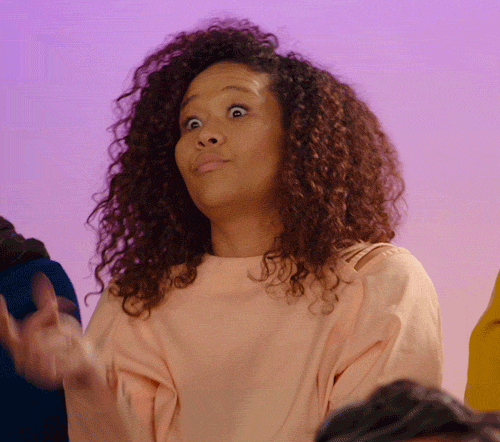
It is old and racist ideology perpetuated by the racist people in charge. The entire world needs to grow up and let it go. New York seems to get it, so let's hope the law actually gets enforced and that other states follow sooner than later.
Here's to a world of protective styles and protective laws!




